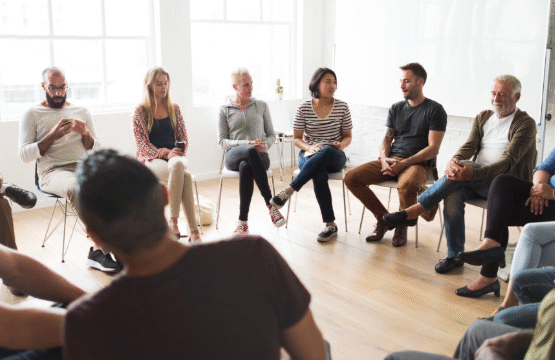Asking the right questions is one of the most powerful tools for learning, problem-solving, and communication. Whether you’re a student, a professional, or simply curious about the world, developing effective questioning skills can open doors to deeper understanding and better conversations. Here’s how you can improve this valuable skill.
1. Understand the Purpose of Your Question
Before asking a question, take a moment to reflect on why you’re asking it. Are you trying to clarify something? Spark discussion? Challenge a viewpoint? Knowing your intention helps you frame your question in a more thoughtful and effective way.
2. Practice Active Listening
Good questioning starts with good listening. When you’re truly paying attention, your questions become more relevant and meaningful. Focus on the speaker, avoid interrupting, and think critically about what’s being said before you respond.
3. Use Open-Ended Questions
Questions that begin with “how,” “why,” or “what” tend to invite deeper responses. For example, instead of asking “Did you like the book?” you might ask, “What part of the book stood out to you and why?” Open-ended questions encourage dialogue and uncover new perspectives.
4. Be Curious and Non-Judgmental
Approach every conversation with genuine curiosity. Avoid leading questions that suggest a “right” answer. Instead, keep your tone neutral and open. This helps others feel safe to share their thoughts honestly.
5. Keep It Clear and Concise
Effective questions are simple and easy to understand. Avoid long or complicated wording that might confuse the listener. A well-phrased, direct question often gets better results than a lengthy one.
6. Reflect and Follow Up
Sometimes the most valuable insights come from follow-up questions. If someone gives an interesting answer, don’t move on too quickly. Ask for more detail or explore the thought further. This shows you value their input and want to learn more.
7. Practice in Everyday Situations
You don’t need a formal setting to sharpen your questioning skills. Use them during casual conversations, at work meetings, or while learning something new. The more you practice, the more natural and effective it becomes.
8. Learn from Great Questioners
Observe skilled communicators—teachers, interviewers, mentors—and notice how they ask questions. What do they do that engages people? How do they steer conversations? Learning from others can inspire you to grow your own technique.



